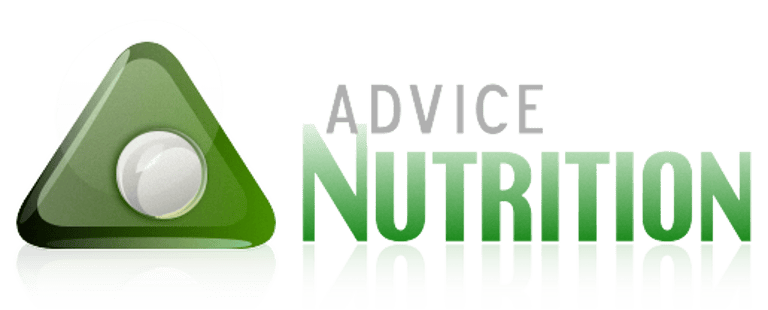Nutrition for Seniors: Supporting Healthy Aging
Learn how seniors can maintain optimal health through proper nutrition. Discover essential vitamins, minerals, and dietary strategies to support healthy aging.
DIETSNUTRITION AND MENTAL HEALTHNUTRITION ADVICE
9/4/20252 min read


Introduction
As we age, our nutritional needs change. Seniors often face challenges such as reduced appetite, changes in taste, slower metabolism, and chronic conditions like diabetes or high blood pressure. Proper nutrition is crucial for maintaining energy, supporting immunity, preserving muscle mass, and preventing age-related diseases. This article explores how seniors can eat well to support healthy aging.
1. Key Nutrients for Seniors
Protein
Protein helps maintain muscle mass and supports recovery from illness. Good sources include:
Lean meats (chicken, turkey)
Fish
Eggs
Beans and lentils
Dairy products
Calcium and Vitamin D
Essential for bone health and reducing the risk of osteoporosis. Sources include:
Low-fat dairy (milk, yogurt, cheese)
Fortified plant-based milks
Leafy greens
Fatty fish (salmon, sardines)
💡 External Source: NIH – Calcium and Vitamin D
Fiber
Supports digestion and heart health. Found in whole grains, fruits, vegetables, and legumes.
Vitamin B12
Important for brain and nerve function. Older adults may absorb less from food, so supplements may be necessary.
2. Hydration Is Key
Seniors are more prone to dehydration because the sensation of thirst decreases with age. Drinking water, herbal teas, and consuming hydrating foods like fruits and soups are essential.
💡 Related: See our article The Role of Hydration in Nutrition and Health.
3. Managing Chronic Conditions Through Diet
Diabetes: Monitor carbohydrate intake and focus on complex carbs.
High Blood Pressure: Limit sodium and processed foods; include potassium-rich foods like bananas and spinach.
Heart Disease: Prioritize omega-3-rich fish, nuts, and olive oil while reducing saturated fat.
4. Benefits of a Balanced Diet for Seniors
Maintains healthy weight
Supports cognitive function and mental health
Strengthens immune system
Reduces risk of chronic diseases
💡 Related: Check 10 Golden Rules for a Balanced Diet for a complete guide.
5. Practical Tips for Eating Well
Eat smaller, frequent meals if appetite is low.
Include colorful vegetables and fruits for antioxidants.
Cook at home to control ingredients and sodium.
Use herbs and spices to enhance flavor instead of salt.
Plan meals and keep healthy snacks accessible.
6. Supplements and Fortified Foods
Sometimes diet alone may not provide all nutrients. Seniors may benefit from:
Vitamin D supplements
B12 supplements
Calcium-fortified foods
📖 External Source: Harvard Health – Nutrition for Seniors
7. Social and Emotional Aspects of Eating
Eating is not just about nutrition—it’s also social and enjoyable. Sharing meals with friends or family improves appetite and mental well-being.
Sample Daily Meal Plan for Seniors
Breakfast: Oatmeal with berries and low-fat milk
Lunch: Grilled salmon with quinoa and steamed broccoli
Snack: Yogurt with almonds
Dinner: Lentil soup with spinach and whole-grain bread
Conclusion
Proper nutrition is a cornerstone of healthy aging. By focusing on nutrient-dense foods, staying hydrated, managing chronic conditions, and enjoying meals socially, seniors can maintain energy, strength, and overall well-being. Small changes in diet and lifestyle can make a big difference in supporting healthy, vibrant aging.
